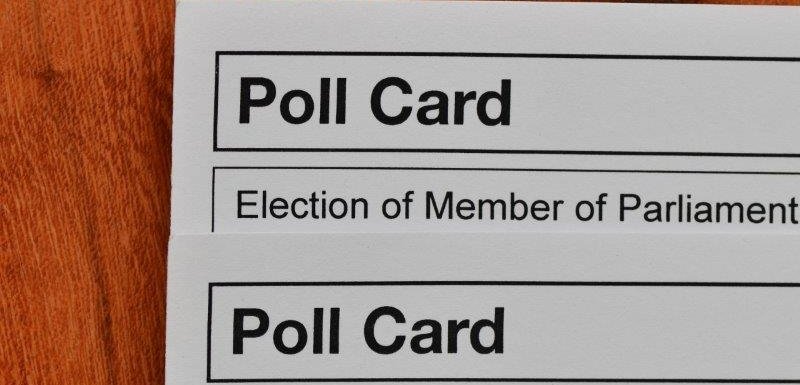
Electoral registers
This page helps you understand how you can make use of electoral registers while performing a search for a birth relative
Why are electoral registers useful?
This route
is useful if you have a last known address for your birth relative. Although it
is possible they have moved (particularly if some time has passed) it is worth
checking if the person you are looking for is still living at that address, or
if anyone else in the family is still there.
Even if this is not the case, it may be able to tell you when they were last at
the address.
Since 2002, local authorities produce both the full register and the edited register. The edited version can be accessed using commercial software found at sites such as www.192.com (for a full list of these visit our resources section).
The full register can also be viewed by anyone at the council offices for the area. This is called the “open register” and includes everyone who hasn’t opted out of allowing their information to be seen. Doing so is free but may not be cost effective to do in person if you do not live in the local area.
It may therefore also be possible to check the electoral register by telephoning the local library or council electoral registration office for the area of the address – you can check who this is at https://www.gov.uk/find-local-council. Some local councils provide electoral information freely and some make a charge for looking up the information on your behalf.
The local library may also hold past electoral rolls for their area or be able to tell you where they are held, such as the local reference library or County Record office, which can help you trace how long a family stayed at a particular address, when and if the family moved away, or whether there are longstanding neighbours. Libraries also hold street directories and phone books which are also a way of finding out who lived at addresses and checking occupants of old addresses.
Using these you may also be able to check whether a place of birth was a private house or a mother and baby or maternity home. If you think it may be a mother and baby home it is worth checking the Adoption Search Reunion website as it holds a database that includes details of mother and baby homes.
Finally, electoral rolls relating to previous years can be requested through the British Library in London. Several days’ notice is required for registers before 1984 and a reader’s ticket is necessary. For further details about the procedure, contact the British Library.
One thing that can make finding people by using electoral rolls is that the Data Protection Act allows people to remove their details from registers to cut down on things like cold calling and junk mail. It’s possible that this may be the case and that registers available to the public may not be complete.
Before you get in touch…
Even if you find out a family member is still at an address we would advise that you don’t approach them directly. Instead, get in touch with your adoption advisor or the agency that can provide you with an intermediary service to plan whether you wish to make an approach and how it can be made. For more information regarding this view our section on Initiating Contact.




